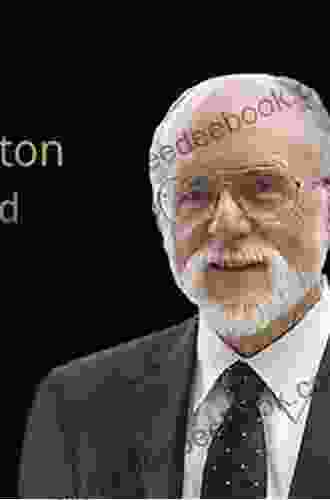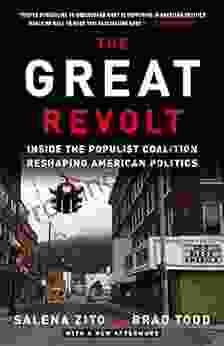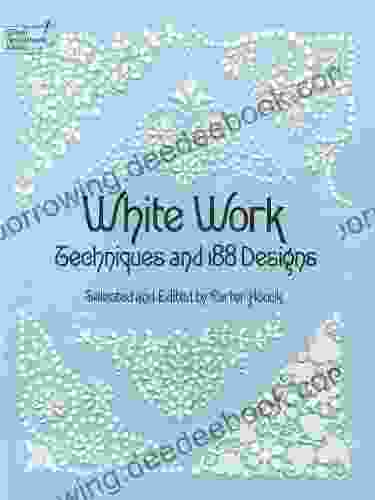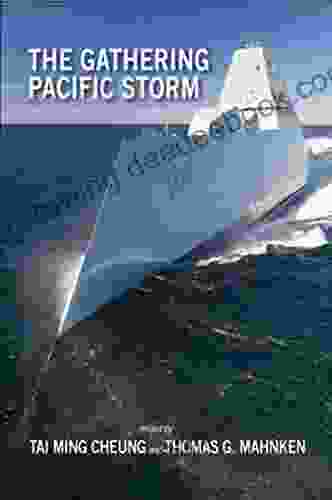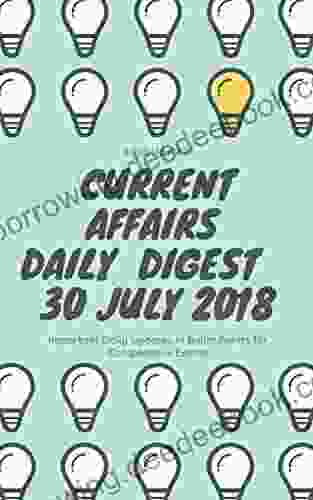: Understanding Utilization-Focused Evaluation
Utilization-focused evaluation (UFE) is a transformative approach to evaluation developed by renowned evaluator Michael Quinn Patton. It emphasizes the practical use of evaluation findings to improve programs, policies, and practices. Unlike traditional evaluations that prioritize objectivity and rigor above all else, UFE values relevance, utility, and collaboration, ensuring that evaluation findings are actively utilized by intended stakeholders to make informed decisions.
Key Principles of Utilization-Focused Evaluation
UFE is guided by several core principles:
5 out of 5
| Language | : | English |
| File size | : | 26449 KB |
| Text-to-Speech | : | Enabled |
| Screen Reader | : | Supported |
| Enhanced typesetting | : | Enabled |
| Word Wise | : | Enabled |
| Print length | : | 432 pages |
- Stakeholder-centered: UFE actively involves stakeholders throughout the evaluation process, ensuring their needs and interests are central to the evaluation design and implementation.
- Utilization-oriented: The primary goal of UFE is to generate findings that are directly usable by stakeholders to improve their programs.
- Collaborative: UFE fosters a collaborative relationship between evaluators and stakeholders, with both groups actively participating in the evaluation process.
- Empowering: UFE aims to empower stakeholders by equipping them with the knowledge and skills to use evaluation findings effectively.
- Flexible: UFE emphasizes flexibility and adaptability, with the evaluation design tailored to meet the specific needs and context of each program being evaluated.
Methodology of Utilization-Focused Evaluation
UFE employs a range of methods to ensure the utility and relevance of its findings. These methods include:
- Jointly-Developed Evaluation Questions: Evaluation questions are developed in collaboration with stakeholders, ensuring that the evaluation addresses their most pressing questions.
- Responsive Evaluation Design: The evaluation design is tailored to the needs and context of the specific program being evaluated, maximizing the likelihood of utilization.
- Stakeholder Involvement in Data Collection and Analysis: Stakeholders are actively involved in data collection and analysis, increasing their understanding and ownership of the evaluation findings.
- Creative and Participatory Reporting: UFE employs creative and participatory reporting methods, such as storytelling and visual aids, to make findings more engaging and accessible to stakeholders.
- Follow-Up and Feedback: UFE includes ongoing follow-up and feedback mechanisms to ensure that findings are being used effectively and to make adjustments as needed.
Applications of Utilization-Focused Evaluation
UFE has been successfully applied in a wide range of settings, including:
- Program Evaluation: UFE has been used to evaluate various programs, including educational, social service, and community development programs.
- Policy Evaluation: UFE has assisted policymakers in assessing the effectiveness and impact of policies, such as healthcare policies and environmental regulations.
- Organizational Evaluation: UFE has been used to evaluate organizational practices, such as employee training programs and strategic planning processes.
- Quality Improvement: UFE has been employed to facilitate quality improvement initiatives in sectors such as healthcare and education.
- Research Utilization: UFE has been applied to promote the utilization of research findings in practice and policy settings.
Benefits of Utilization-Focused Evaluation
UFE offers numerous benefits, including:
- Increased Use of Evaluation Findings: UFE's stakeholder-centered and utilization-oriented approach significantly increases the likelihood that evaluation findings will be used to make improvements.
- Improved Program Performance: By empowering stakeholders with actionable findings, UFE contributes to improved program performance and outcomes.
- Enhanced Stakeholder Relationships: UFE's collaborative approach fosters stronger relationships between evaluators and stakeholders, creating a foundation for ongoing evaluation and improvement efforts.
- Capacity Building: UFE helps stakeholders develop their evaluation skills and capacity, enabling them to continue using evaluation findings in the future.
- Cost-Effectiveness: By focusing on utilization, UFE maximizes the return on investment in evaluation, ensuring that resources are utilized effectively.
Challenges of Utilization-Focused Evaluation
Despite its benefits, UFE also faces certain challenges:
- Power Dynamics: Navigating power dynamics between evaluators and stakeholders can be complex, requiring skillful facilitation and negotiation.
- Time Constraints: The collaborative nature of UFE can be time-consuming, especially when involving multiple stakeholders with varying schedules.
- Resistance to Change: Stakeholders may be resistant to change, even when presented with evidence-based findings, requiring sensitivity and persuasive communication strategies.
- Limited Resources: UFE can be resource-intensive, requiring adequate funding and staffing to ensure stakeholder engagement and effective utilization of findings.
- Evaluation Bias: The close collaboration between evaluators and stakeholders may introduce potential bias into the evaluation process, requiring careful attention to objectivity and transparency.
: The Transformative Power of Utilization-Focused Evaluation
Utilization-focused evaluation is a transformative approach that empowers stakeholders to actively use evaluation findings to improve their programs, policies, and practices. By emphasizing relevance, utility, and collaboration, UFE increases the impact of evaluation and contributes to positive change in diverse settings. While challenges exist, the potential benefits of UFE make it a valuable tool for evaluators and stakeholders seeking to maximize the impact of evaluation efforts.



